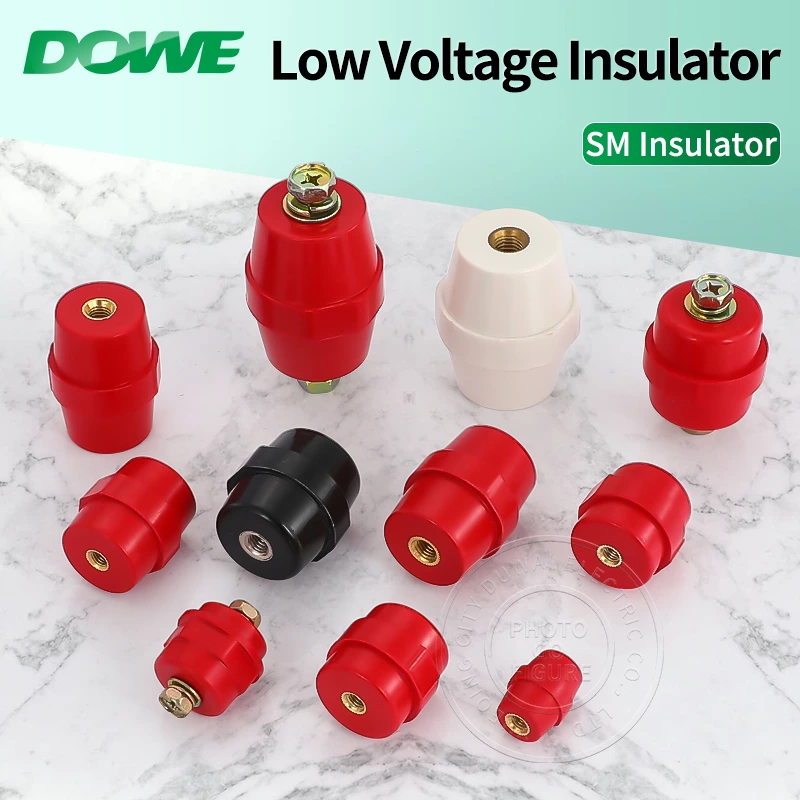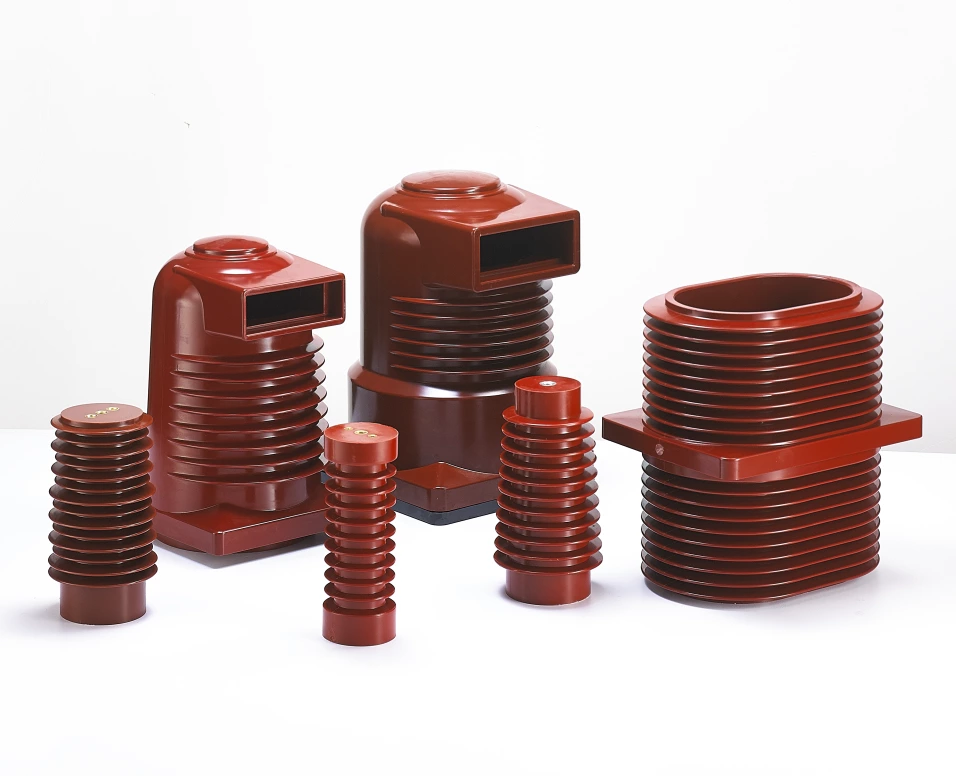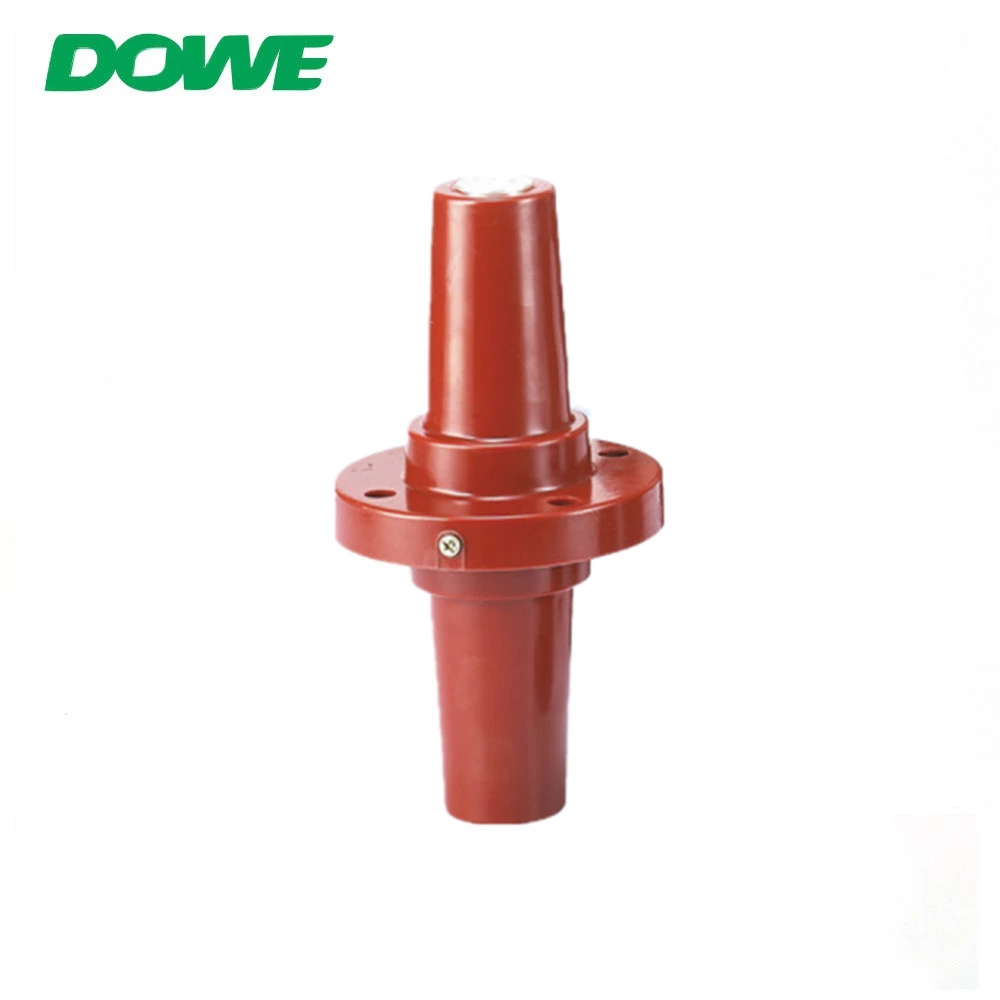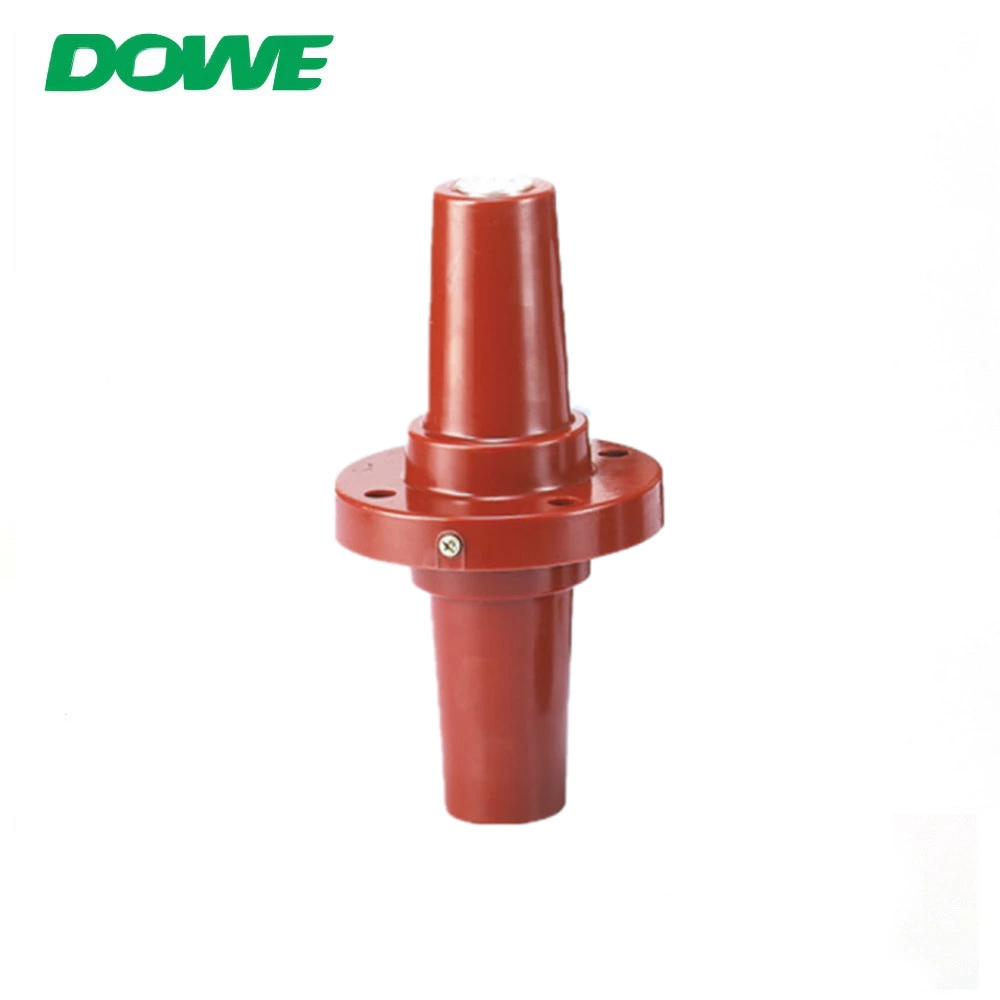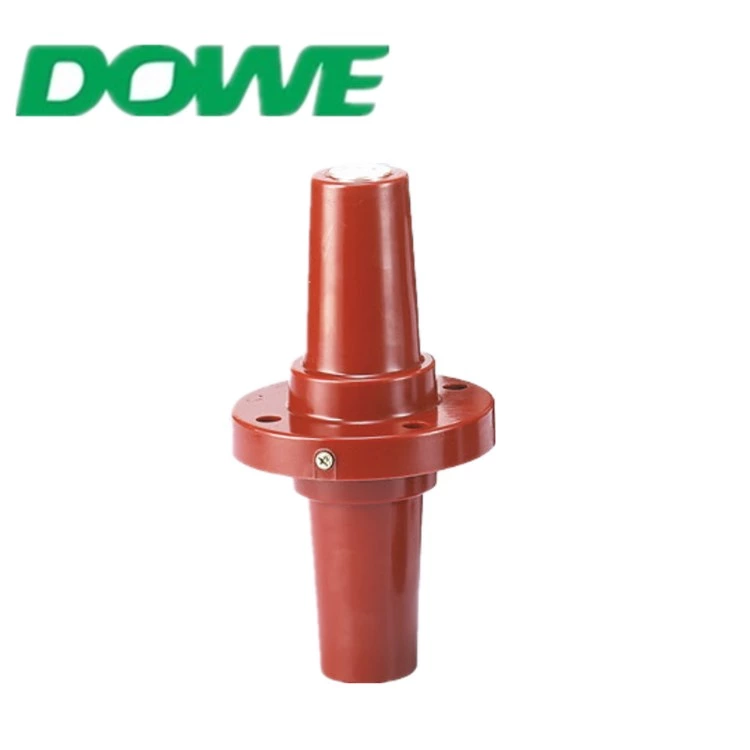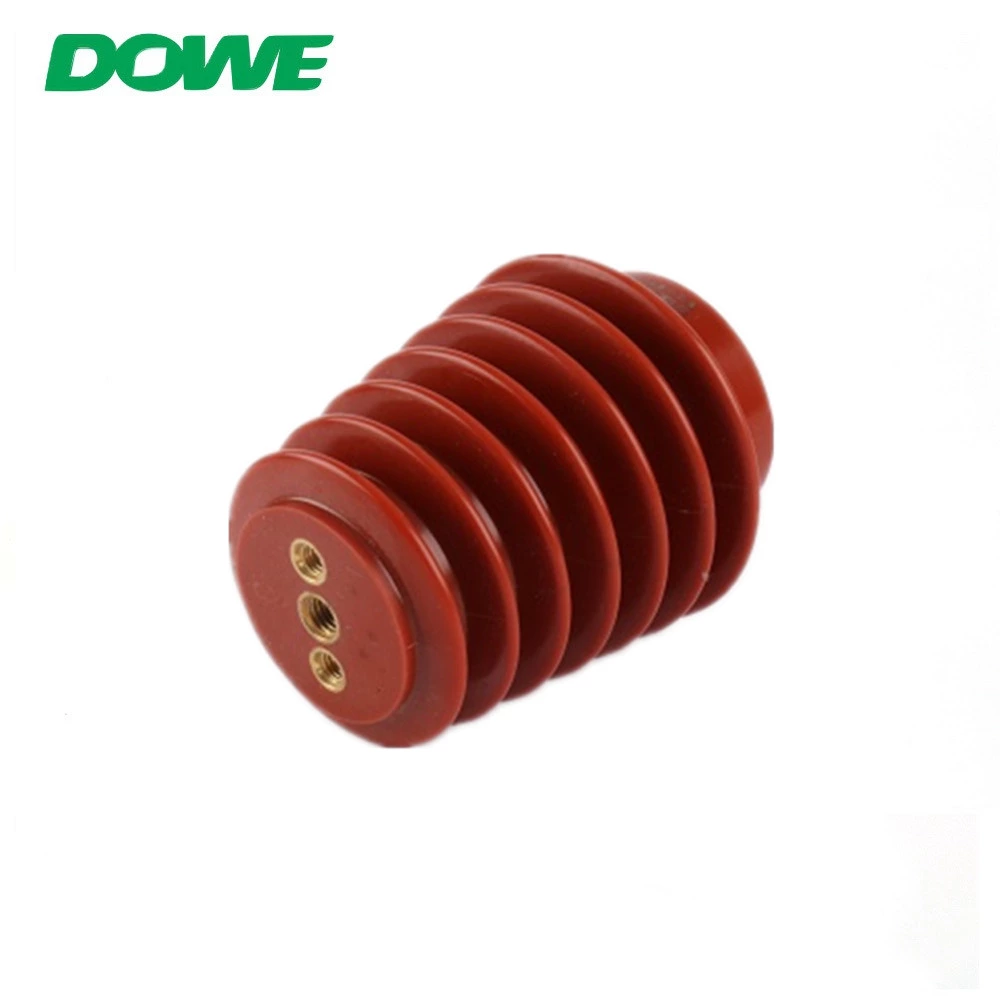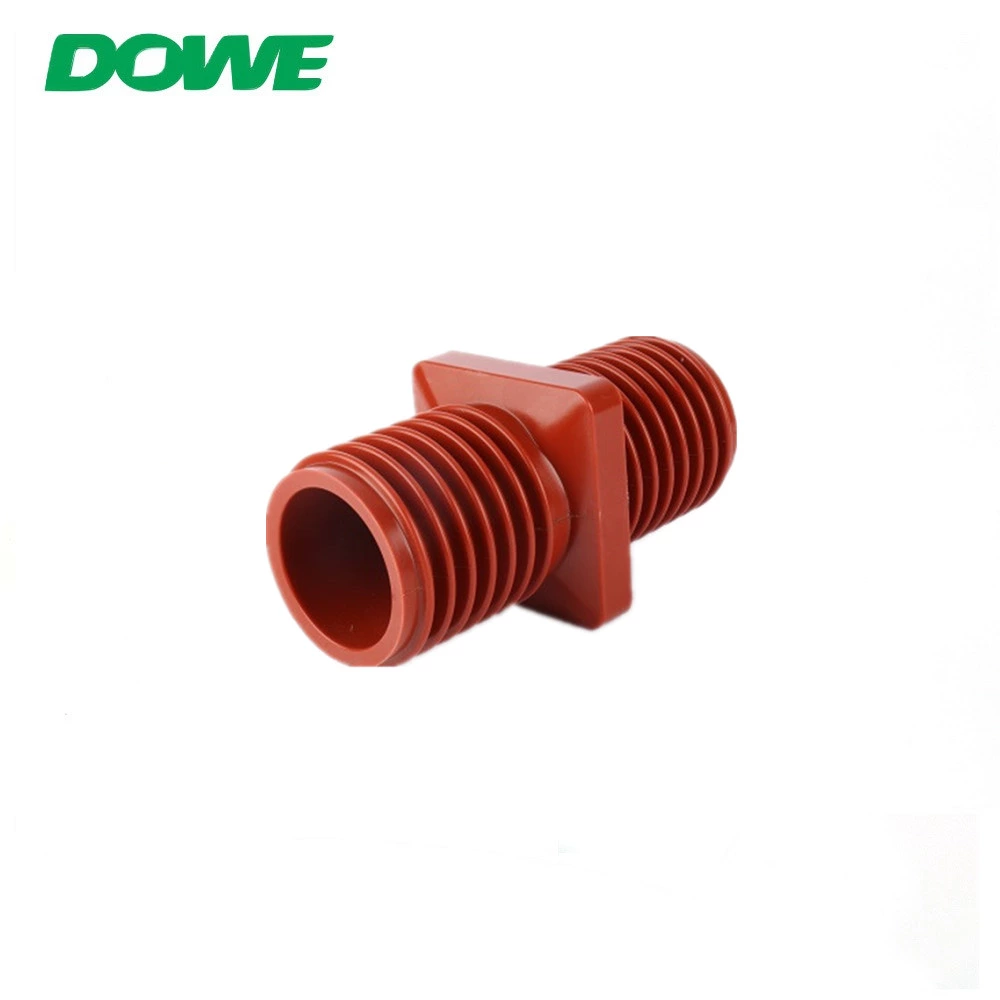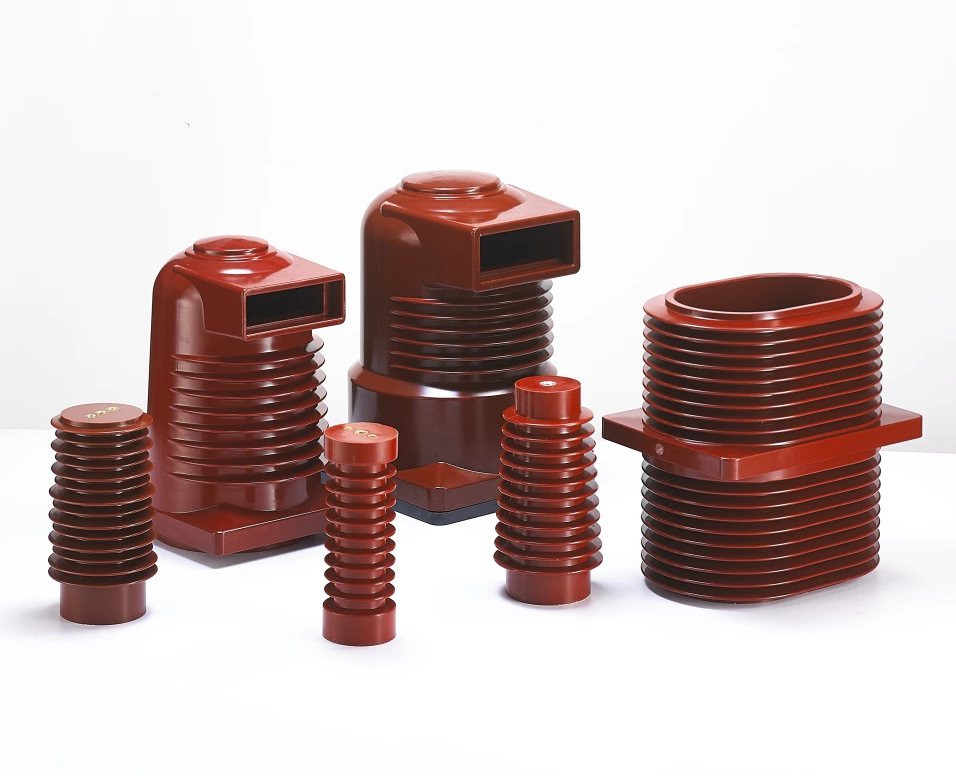What Is the Impact of Busbar Insulator Material on System Efficiency?
Using the wrong insulator material can cause energy loss ⚡ and system failures. Choosing the right material improves efficiency, safety, and performance.
Busbar insulator material impacts system efficiency by reducing energy loss, preventing heat buildup, and ensuring reliable electrical insulation.
A client once told me their system overheated because of low-quality insulators. After switching to high-strength, certified materials, their energy loss dropped, and downtime decreased. 😊
[Table of contents]
- Why Does Busbar Insulator Material Matter?
- Which Materials Are Commonly Used for Busbar Insulators?
- How Do Different Materials Affect Energy Efficiency?
- What Should You Consider When Choosing Insulator Material?
- Conclusion
Why Does Busbar Insulator Material Matter?
Electrical systems need reliable insulation to prevent energy loss and overheating. The material affects performance and system longevity. 🔥
Busbar insulator material matters because it reduces energy loss, prevents short circuits, and ensures stable system performance.

Choosing the wrong material leads to increased heat, energy loss, and component damage. ❌ High-quality materials maintain insulation, support high voltages, and extend system life. Materials with low dielectric loss ensure minimal energy waste, improving overall efficiency. ✅ Learn more about dielectric strength1 and its importance.
Key Factors Influencing Material Choice
- ⚡ Dielectric Strength: Determines resistance to electrical breakdown.
- 🌡️ Thermal Stability: Reduces heat buildup and system overheating.
- 💪 Mechanical Strength: Ensures durability under mechanical stress.
Which Materials Are Commonly Used for Busbar Insulators?
Several materials are used depending on system requirements. Each offers different benefits in efficiency, strength, and cost. 💸
The most common busbar insulator materials are epoxy resin, BMC (Bulk Molding Compound), and phenolic resin.
Epoxy resin is popular for its excellent electrical insulation and heat resistance. BMC is known for high mechanical strength and cost-effectiveness. Phenolic resin provides good thermal stability but may not be suitable for high-voltage systems.
Comparison of Common Insulator Materials
| 🧱 Material | ⚡ Dielectric Strength | 🌡️ Thermal Stability | 💪 Mechanical Strength | 💰 Cost |
|---|---|---|---|---|
| Epoxy Resin | High | Excellent | Strong | Medium |
| BMC | Medium | Good | Very Strong | Low |
| Phenolic Resin | Low | Good | Moderate | Low |
Epoxy resin is ideal for systems requiring high efficiency and heat resistance. BMC works well for mechanical durability in cost-sensitive projects.
How Do Different Materials Affect Energy Efficiency?
Material properties directly impact energy loss, system heating, and voltage resistance. ⚡🔥
High-dielectric-strength materials reduce energy loss, while thermally stable materials prevent heat buildup, improving overall efficiency.
For example, a renewable energy company I worked with switched from phenolic resin to epoxy resin. This reduced heat loss by 15%, improving energy transfer and reducing maintenance costs. Choosing materials with low dielectric loss ensures less energy is wasted as heat. ✅
Impact of Material Properties on Efficiency
- ⚡ Low Dielectric Loss: Reduces energy wasted as heat.
- 🌡️ High Thermal Conductivity: Allows better heat dissipation, preventing overheating.
- 💪 Mechanical Strength: Ensures components stay in place, reducing energy leaks due to movement.
These factors combine to improve system performance, reduce maintenance, and extend equipment life.
What Should You Consider When Choosing Insulator Material?
Choosing the right material depends on voltage requirements, system environment, and cost constraints. 💡
Consider dielectric strength, thermal stability, and mechanical durability when selecting a busbar insulator material.
A client in the renewable energy sector needed high-voltage insulators with minimal energy loss. We recommended epoxy resin for its low dielectric loss and heat resistance. This improved their system efficiency while meeting certification standards. ✅
Key Selection Criteria
- ⚡ Voltage Requirements: Higher voltages need materials with higher dielectric strength.
- 🌡️ Thermal Environment: Systems in hot environments need materials with high heat resistance.
- 💪 Mechanical Stress: Systems with frequent vibrations need strong, impact-resistant materials.
- 💸 Cost and Availability: Balance cost with performance and long-term reliability.
Conclusion
Choosing the right busbar insulator material improves energy efficiency, prevents heat buildup, and ensures system reliability. ✅
-
Understanding dielectric strength helps readers see why certain busbar insulator materials reduce energy loss and improve system efficiency. This knowledge ensures they select the right material for high-voltage applications. ↩
